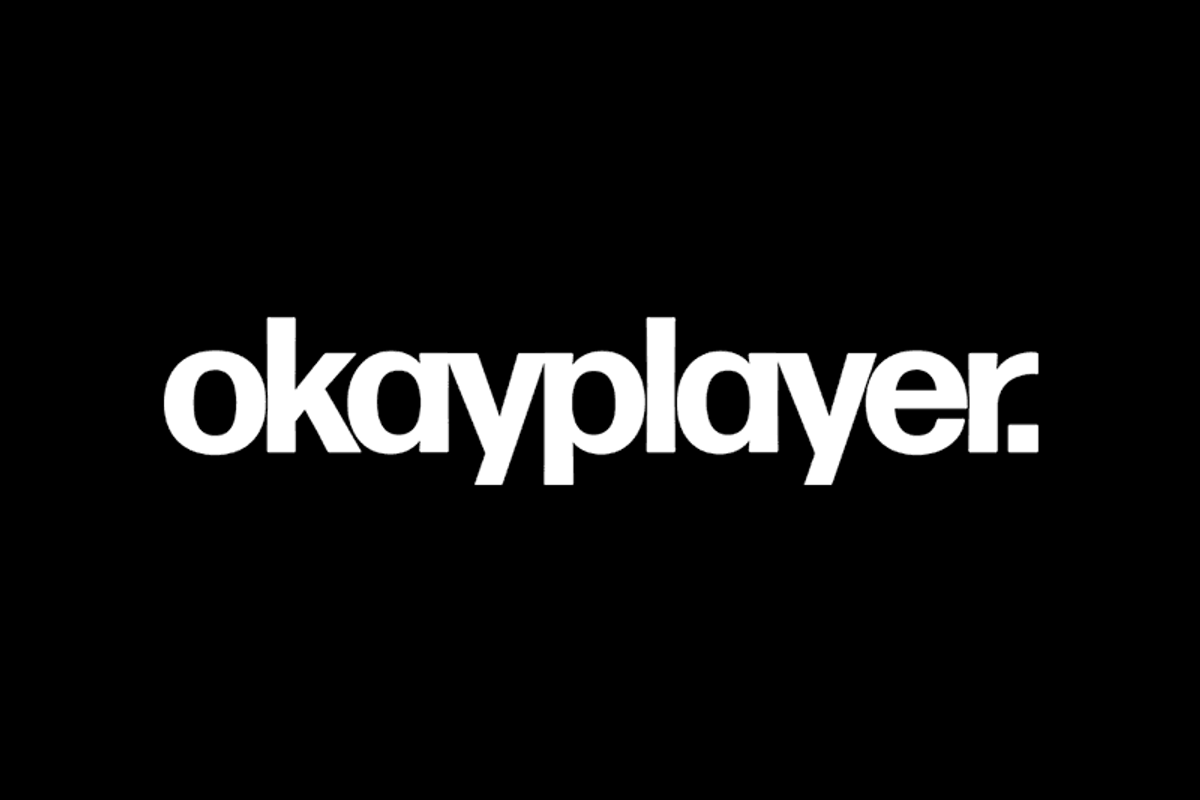
Freestyle festival 2018
Photo Credit: Scott Dudelson/Getty Images

In 1984, hip-hop artist T La Rock went into the Def Jam studio which was Rick Rubin’s NYU dorm room and recorded “It’s Yours,” then went back to work at the pharmacy he worked at in Manhattan like nothing ever happened. The first Def Jam recording artist had no idea how big his single would become and later sampled by too many artists to count. Still, it was good that he went back to work. A few months later performing at the nightclub, Danceteria, he got bum rushed by the crowd and ended up falling down a flight of stairs. The pharmacy he worked at provided healthcare. His career as a successful hip-hop artist did not. Years later when he suffered a traumatic brain injury while breaking up a fight in front of his brother’s Bronx apartment, he still had insurance.
“A lot of hospitals will not take you if you don’t have proper insurance,” says T La Rock by phone whose life will be the subject of a film by Fox Searchlight. “You can show up with four people carrying you and they might give you a Band-Aid,” he jokes.
There are many old school and new school hip-hop artists who don’t have health insurance. The problem exists for artists across the board—visual artists, musicians, writers, and the like. Many artists, who don’t work traditional hours or even traditional days or months, are left without a safety net. Places like the Actor’s Fund, a nursing home for actors and other artists, funded by private insurance, Medicare, and Medicaid, provide services to aging artists including emergency financial assistance, affordable housing, healthcare and insurance counseling, and senior care. Unions like SAG-AFTRA provide other assistance, including healthcare.
As hip-hop as an art form turns 45, and the pioneers are entering their twilight years, many are dealing with aging without healthcare.
“My own attitude and lifestyle is that what you do and what you eat is going to be your medicine,” said Melle Mel. “That’s the essence of good health. I try to eat healthily, drink enough water and get enough exercise.”
But eating healthy and exercising doesn’t make room for accidents or diseases that are hereditary that can affect hip-hop artists. And it doesn’t address the high costs of healthcare as a safety net. Or that there are often food deserts in low-income neighborhoods. Or the high-stress levels of living life touring and performing and creating a schedule that is more than an 8-hour workday.
“The lifestyle they lead, the hours, days on the road, not eating good food regularly, no set meal times, it causes damage to the body,” said Paul LaSalle the Chief Development Officer for the economic development organization, Windows of Hip-Hop.
“It’s a hard way to go to make the choice to be an artist,” says hip-hop icon Bill Adler, who started out doing publicity for Def Jam in its infancy. “There are just some folks that will make music and won’t make money. I believe this rich country can provide healthcare to everyone if there was the political will to do so.”
“If you did well as an artist and haven’t managed your finances well you probably don’t have health insurance and haven’t been to the doctor in years,” said Rocky Bucano president of the planned Universal Hip-Hop Museum in the Bronx.
There’s less of an oldies circuit for hip-hop artists, though there are tours for old-school acts than, say, rock-n-roll artists. Hip-hop, as an art form, has always been the voice of youth. “If Eric Clapton walked into a hospital, doctors would fall all over themselves to treat him. We want to change the ideology of the healthcare industry,” said LaSalle.
Could there be a union exclusively for hip-hop artists? LaSalle thinks so. Windows of Hip-Hop, as an advocacy group, is already providing safety net services to hip-hop artists.
Windows of Hip-Hop is an economic development organization seeking to create a campus dedicated to education utilizing hip-hop. Grandmaster Melle Mel and Grandmaster Caz are on their board. Windows has a health initiative in partnership with New York University dental school where pioneers of hip-hop promote the school in exchange for dental care. They also work with Metro Optics promoting eye health. Melle Mel who is a bodybuilder, helps promote health and exercise.
LaSalle says that they are working towards providing healthcare and that the Affordable Care Act worked well for hip-hop artists: “It was probably the very first way to get healthcare for the population of people who depend on income that comes sporadically,” he said. “Any challenges to it are going to disproportionately affect our community.”
__
Ericka Blount is a journalist, professor, and author from Baltimore, Maryland. Her book ‘Love, Peace, and Soul: Behind the Scenes of Soul Train’ is available on Amazon. Please follow her (and us!) on Twitter @ErickaBlount.